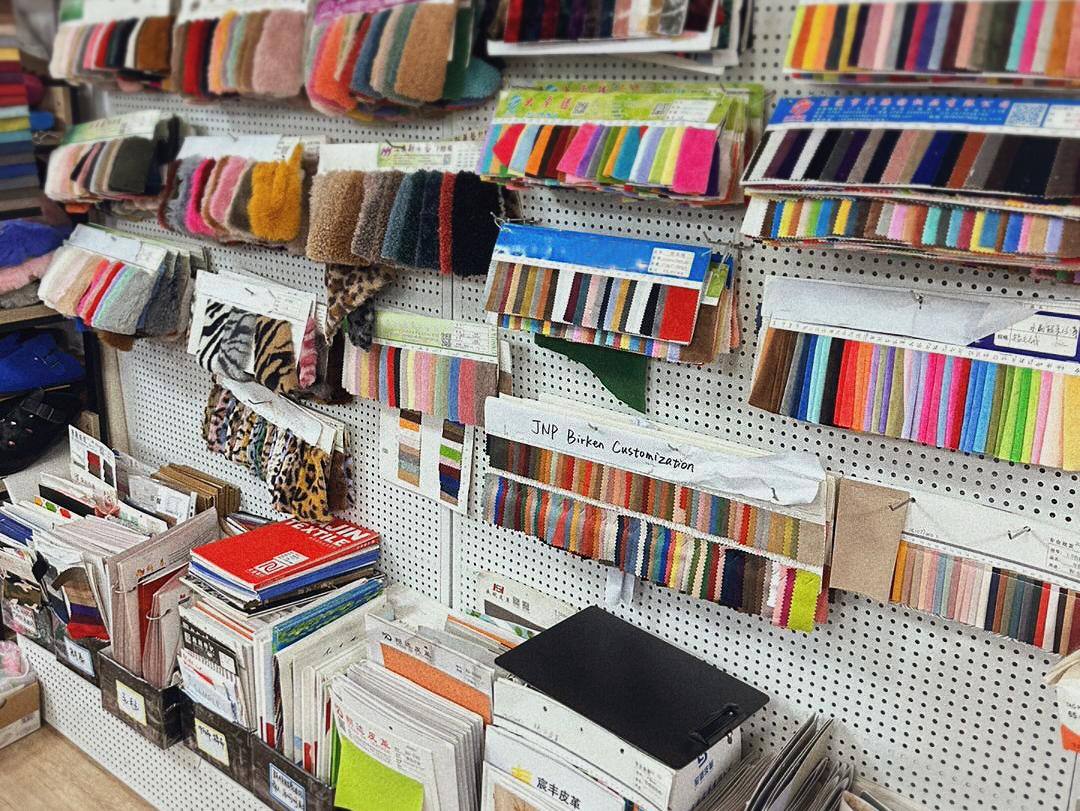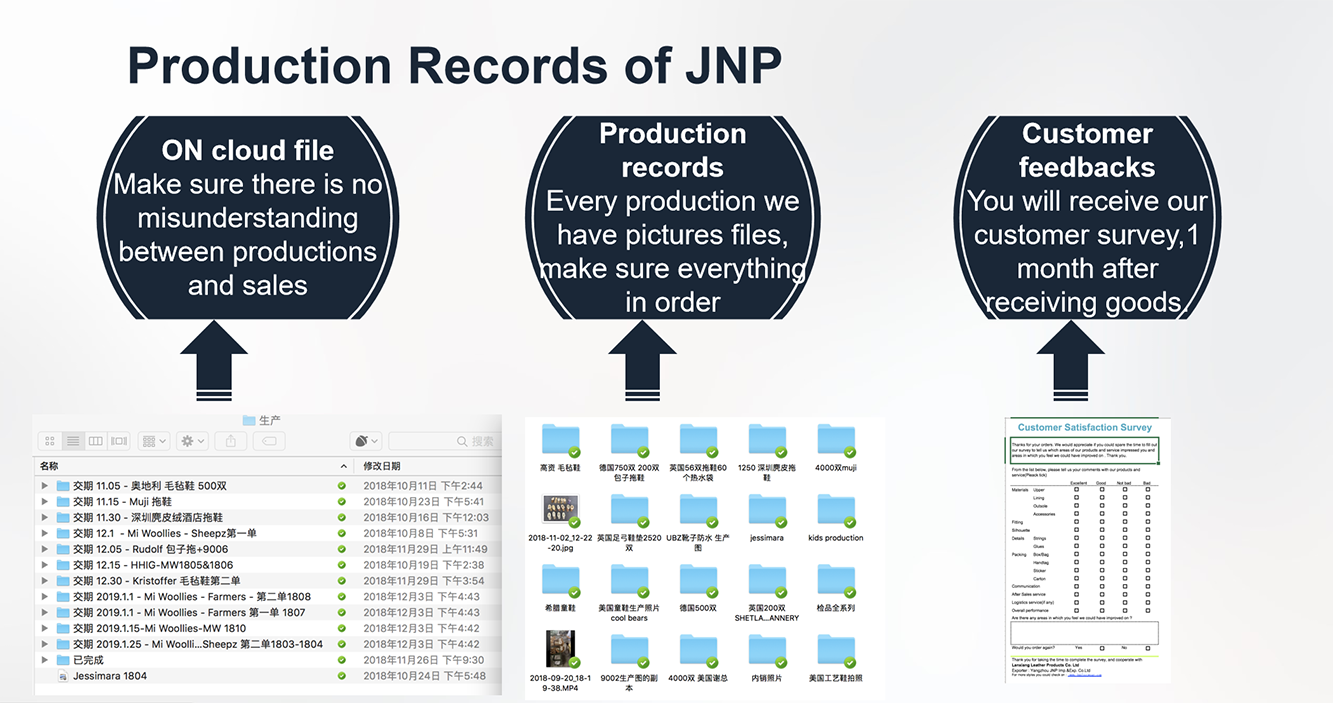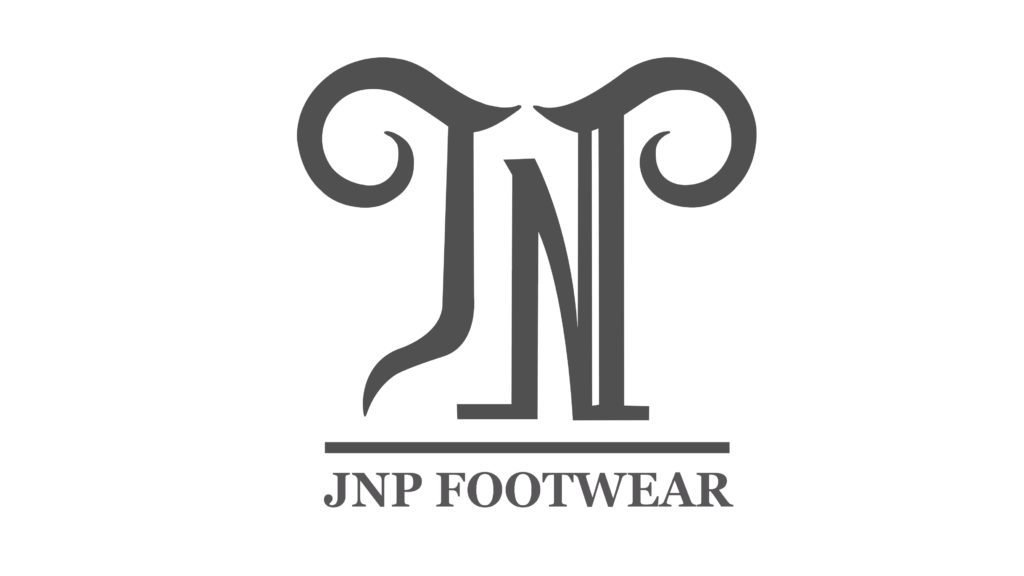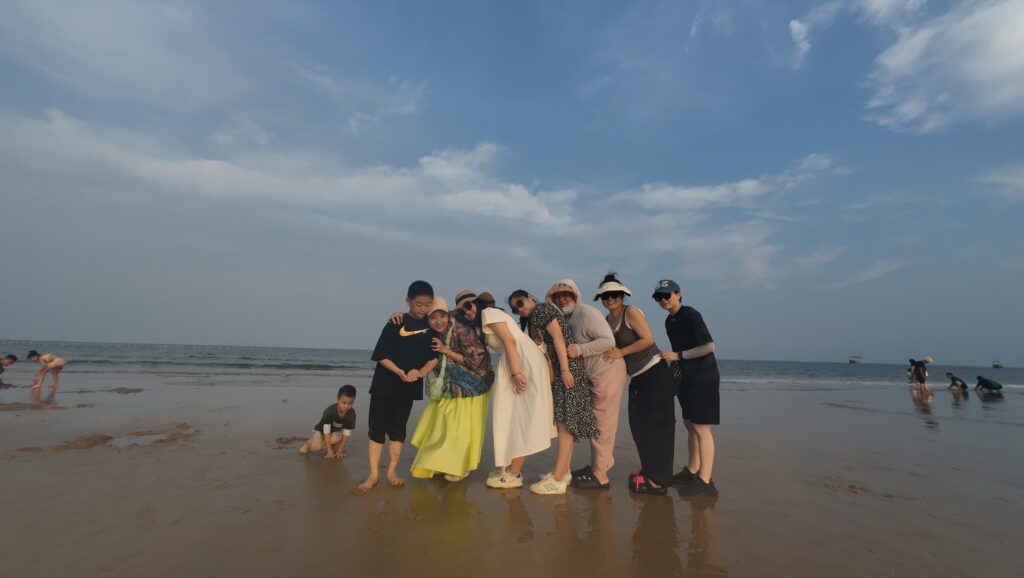For any growing brand, creating a unique product is essential. You have a distinct vision, but when it comes to small-batch production, you may encounter limitations that seem frustrating. Let's find a smart, realistic path forward.
Yes, small custom slipper orders have limitations, mainly because they rely on existing production tools and in-stock materials. Developing entirely new styles or custom-dyeing fabrics incurs high setup costs and supplier minimums that are not financially viable for smaller production runs.

For brands looking to make their mark, especially those run by visionary designers or agile online entrepreneurs, the desire for a completely unique product is understandable. However, the journey from a design concept to a finished product involves manufacturing realities that can be surprising. This article aims to clarify the landscape of small-batch customization. By understanding the "why" behind these production parameters, brands can work collaboratively with suppliers to launch beautiful, marketable, and profitable products efficiently.
What Does "Low MOQ Customization" Truly Offer Your Brand?
The term "low MOQ1 customization" sounds like the perfect solution for new or niche brands, but what does it actually include?
Low MOQ customization allows a brand to apply its unique identity, such as a logo or custom packaging, to a pre-existing, market-tested slipper style. This is essentially a private-label model2, which is a powerful strategy for brands that want to introduce a new product line without the immense financial risk of ground-up development.
Think of a supplier’s collection of existing styles as a curated menu of proven sellers. "Low MOQ customization" lets your brand select an item from this menu and add your unique signature—your logo, a branded tag, or custom packaging. This approach leverages our production expertise and supply chain access, allowing you to focus on building your brand and connecting with your customers.

| ✅ Possible with Low MOQ | ❌ Requires Large Order (High MOQ) |
|---|---|
| Adding a brand logo (embroidery, print, label) | Creating a completely new shoe shape |
| Choosing colors from existing stock material swatches | Custom-dyeing fabric to a specific Pantone color |
| Selecting from a range of existing sole types/materials | Developing a unique, proprietary material or print |
| Using your brand’s custom-designed packaging | Making significant structural changes to the pattern |
This strategic approach is how we empower smaller brands to launch high-quality products that resonate with their audience. [1][3]
This strategic approach empowers smaller brands to launch high-quality products that resonate with their audience.
Why Do New Designs and Custom Materials Require Large Orders?
A new slipper design requires creating new patterns and cutting molds3, which are significant one-time investments. Similarly, fabric suppliers enforce large minimums for custom fabrics or colors. These fabric order requirements4 only become economical when distributed over thousands of units.
A shoe's construction is like an intricate puzzle. Even a seemingly minor change, like altering a trim, can require re-engineering the entire pattern to ensure all pieces fit together. Creating a new pattern means developing a new set of steel cutting molds, which are essential for precision but represent a substantial upfront cost.
| Customization Aspect | Small Orders (Low MOQ) | Large Orders (High MOQ) |
|---|---|---|
| New Designs & Patterns (Requires new cutting molds) |
Cost Prohibitive: The high upfront cost of new molds is spread over very few units, adding several dollars to the cost of each slipper and making it uncompetitive. | Economically Viable: The same mold cost is spread across thousands of units, adding only a few cents to the cost of each slipper. |
| Custom Materials & Colors (Requires new fabric production) |
Not Possible: Cannot meet the massive minimum order quantities set by fabric mills (e.g., 3,000 meters for a single color). This is a primary pain point for brands needing diverse color palettes [1]. | Fully Achievable: The order size is large enough to meet mill minimums, allowing for the creation of completely custom fabrics and Pantone-specific colors. |
How Can Your Brand Innovate Within These Production Limits?
Brands can achieve remarkable uniqueness by focusing on powerful branding, creative use of stock materials, and compelling storytelling. For example, you can invest in brand packaging5 that creates a memorable unboxing experience or emphasize your brand story6 to connect emotionally with your customers.
By choosing a proven silhouette, you lower market risk while still differentiating through design combinations, colors, packaging, and narrative. This is how many successful brands thrive without reinventing production from scratch.

Conclusion
Small-batch customization is a strategic partnership. It balances a brand's creative vision with the practical realities of manufacturing. This approach enables a fast, intelligent, and profitable route for emerging brands.
Footnotes
-
MOQ (Minimum Order Quantity) is the smallest order size a manufacturer is willing to produce, balancing setup costs with profitability. ↩
-
Private-label manufacturing allows brands to apply their identity to pre-existing products, offering a faster, lower-risk path to market. ↩
-
Cutting molds are steel tools used to cut shoe components precisely, ensuring consistency and quality across production. ↩
-
Fabric suppliers require large minimum orders (often 3,000 meters) to justify setting up machinery for custom fabrics or colors. ↩
-
Investing in high-quality packaging can enhance customer experience and strengthen brand identity. ↩
-
Storytelling is a powerful branding strategy, helping customers connect emotionally and perceive uniqueness beyond physical design. ↩

